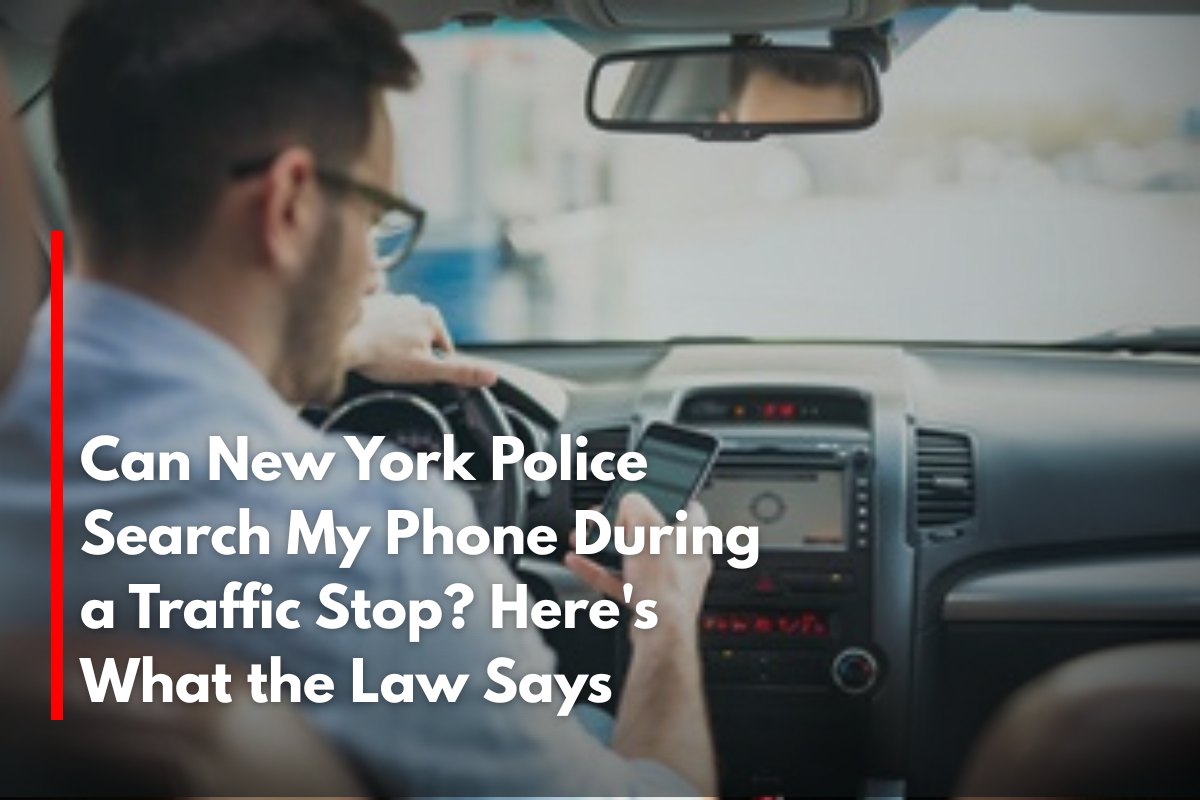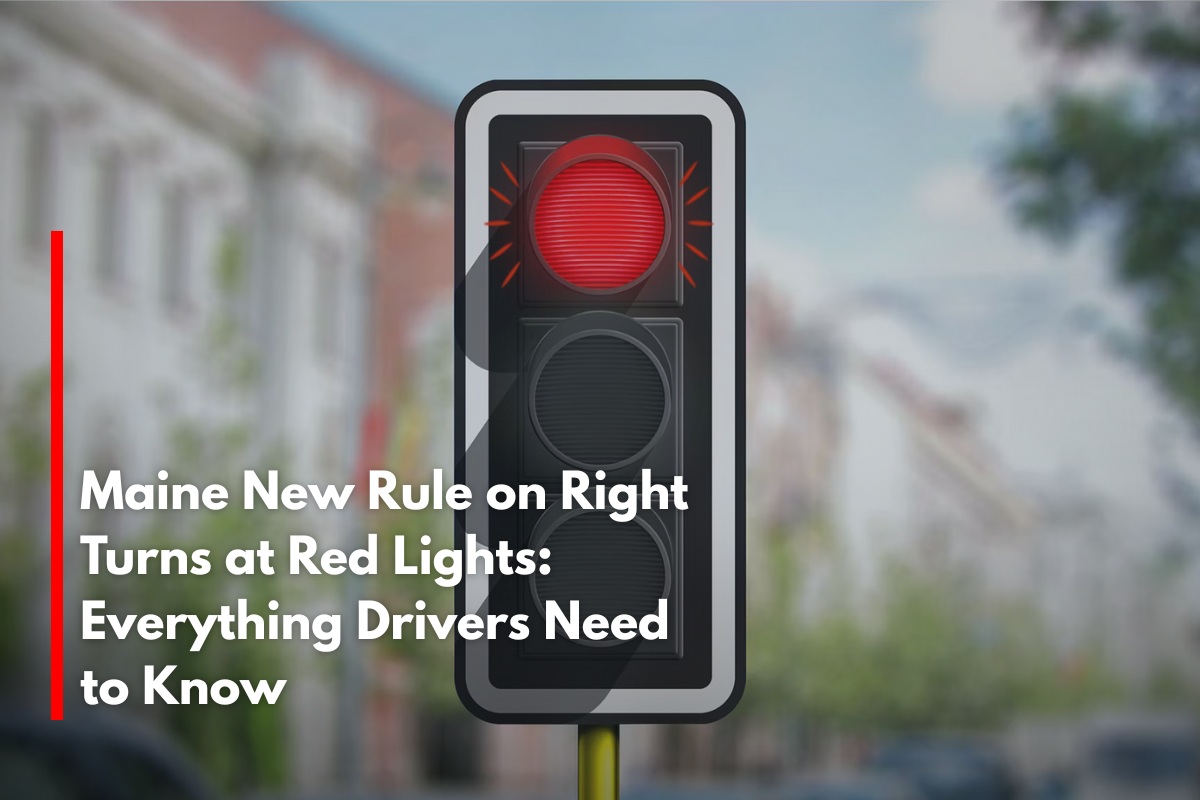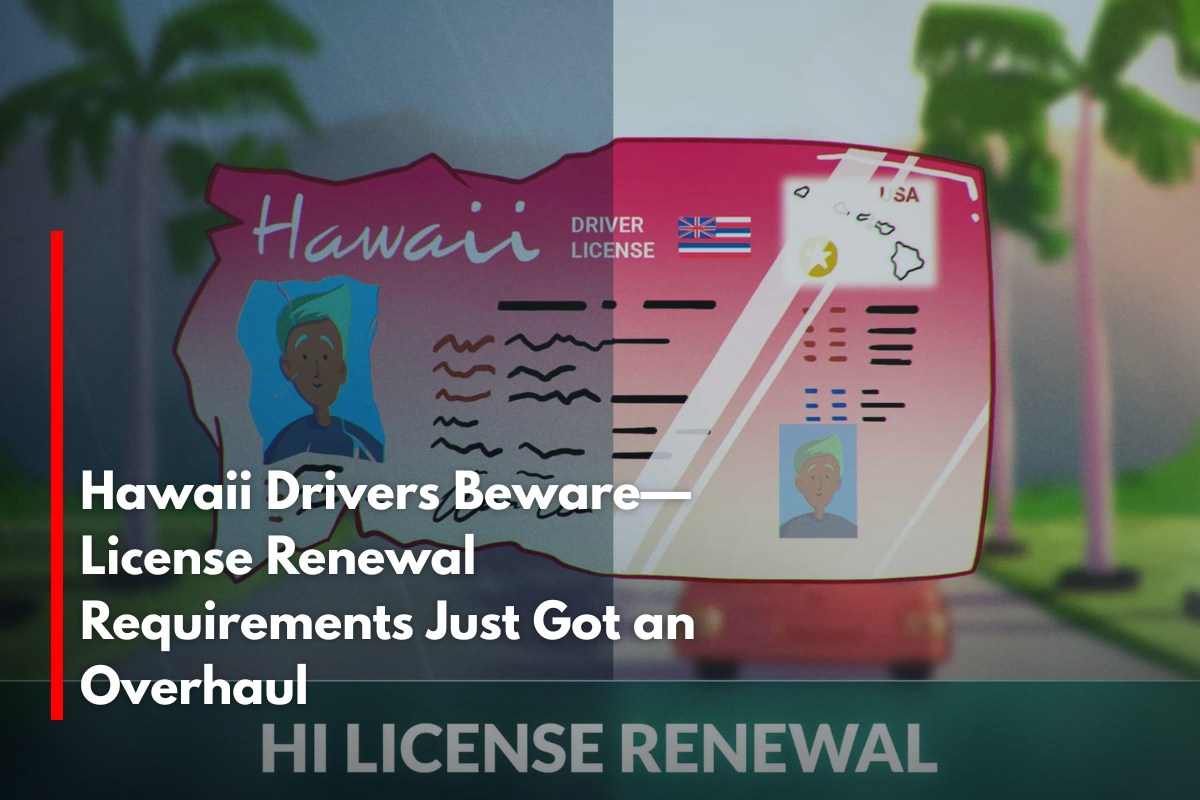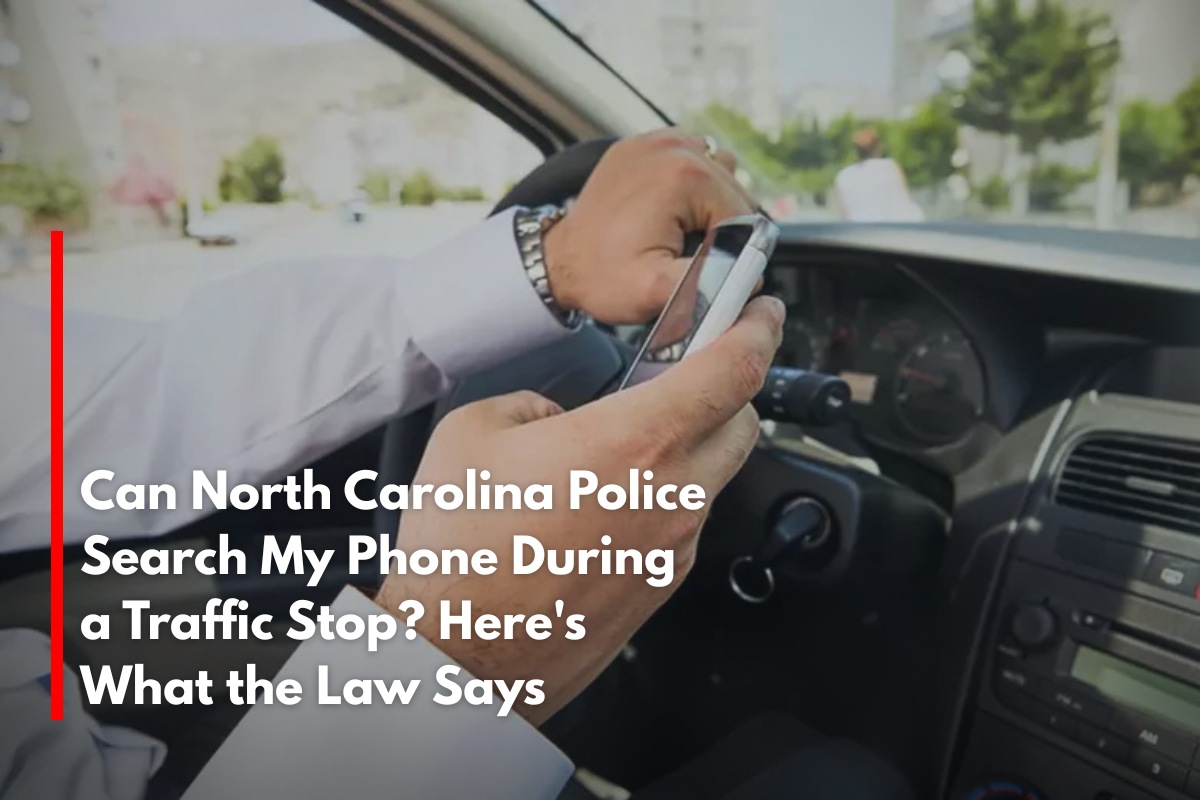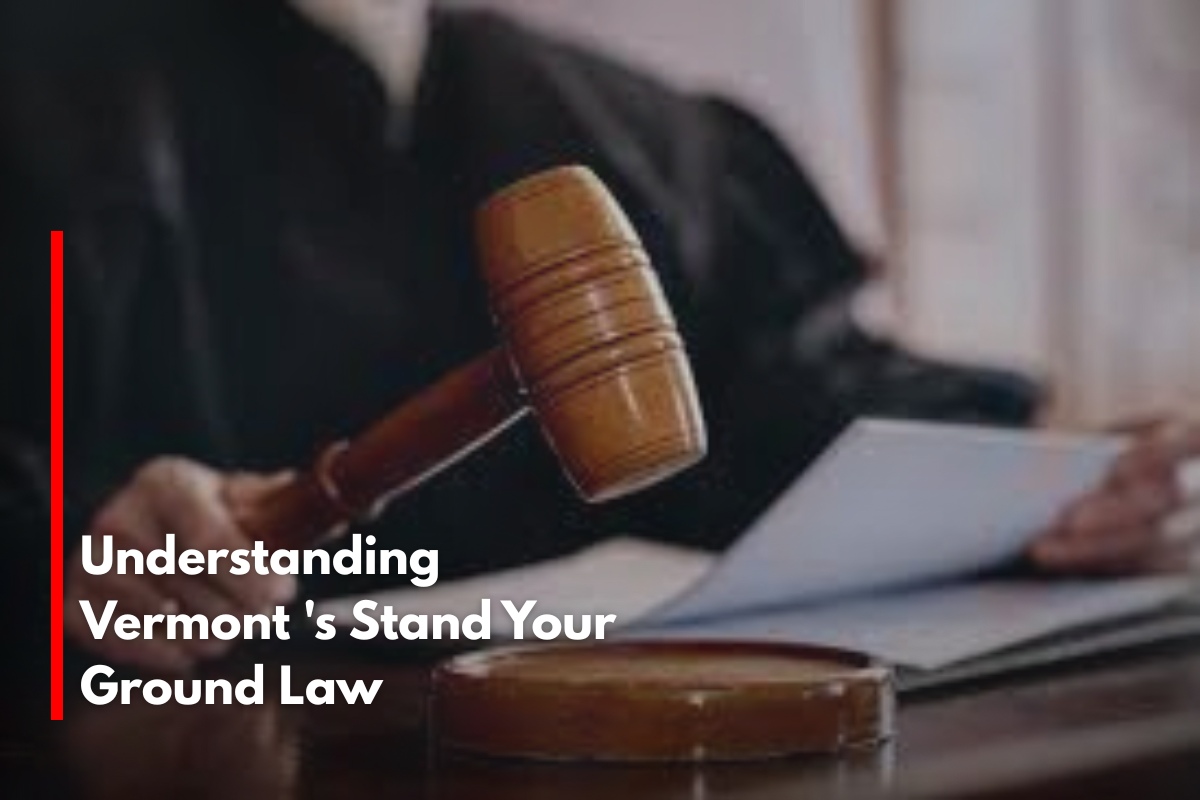Your cell phone holds a vast amount of personal information, making its privacy a serious legal matter. In New York, police powers to search your phone during a traffic stop are tightly restricted by both state and federal law. Here’s a clear breakdown of your rights and what you should do if you’re asked to hand over your device.
The Law: Warrant Requirement
Police generally need a warrant to search your phone. The Fourth Amendment protects you from unreasonable searches and seizures, and courts—including the U.S. Supreme Court—have ruled that searching a cell phone without a warrant is unconstitutional in most situations.
Key Precedent: In Riley v. California (2014), the Supreme Court held that police must obtain a warrant to search digital information on a cell phone seized during an arrest, except in rare emergency situations.
Consent: The Major Exception
If you give consent, police can search your phone. Officers may ask, “Do you mind if I look through your phone?” If you say yes, you waive your Fourth Amendment rights for that search.
You have the right to refuse. Politely say, “I do not consent to a search of my phone.” You do not have to unlock your device or provide your passcode.
Exceptions to the Warrant Rule
There are limited circumstances where police might search your phone without a warrant or your consent:
Exigent Circumstances: If officers believe there is an immediate threat to life or risk of evidence being destroyed, they may search without a warrant. These cases are rare and must be justified.
Parole or Probation: If you are on parole or probation, your terms may include allowing warrantless searches.
Plain View: If incriminating evidence is visible on your phone’s screen (such as a message notification), police may be able to use that information.
What to Do If Police Ask to Search Your Phone
Politely refuse consent. Clearly state, “I do not consent to a search of my phone.”
Do not unlock your phone or provide your passcode. You are not legally required to do so.
Do not physically resist. If police proceed anyway, do not interfere. Assert your objection and seek legal counsel afterward.
Table: When Can NY Police Search Your Phone During a Traffic Stop?
| Scenario | Can Police Search Without Warrant? | Notes |
|---|---|---|
| You give consent | Yes | Always voluntary; you can refuse |
| Police have a warrant | Yes | Warrant must specify the device |
| Exigent circumstances | Rarely | Must be immediate threat or risk |
| Routine traffic stop, no consent | No | Protected by Fourth Amendment |
Your Rights at a Glance
You do not have to answer questions about your phone’s contents.
You can refuse consent to a search.
You do not have to provide your passcode or unlock your phone.
Police cannot arrest or ticket you for refusing a phone search.
If police search your phone unlawfully, the evidence may be thrown out in court.
What If Police Seize Your Phone?
Even if police take your phone, they cannot access its contents without a warrant (except in rare emergencies). They may hold the device while seeking a warrant, but cannot legally search it until judicial approval is granted.
In New York, police cannot search your phone during a traffic stop without your consent or a warrant. Your digital privacy is strongly protected by law. Always assert your rights respectfully, and consult a lawyer if you believe your rights have been violated.
Sources
[1] https://www.youtube.com/watch?v=-I3j_WTo-GM
[2] https://www.newyorkappellatelawyer.com/blog/your-cell-phone-and-the-fourth-amendment-police-may-not-conduct-a-warrantless-search-of-your-cellphone-even-after-your-arrest/
[3] https://www.washingtonpost.com/technology/2024/10/08/can-police-search-your-phone/
[4] https://www.nyclu.org/uploads/2017/02/kyroverhaul-nyclu-stoppedbypolice-onepager-v01.pdf
[5] https://jonnaspilbor.com/understanding-your-rights-during-a-police-stop-in-new-york/
